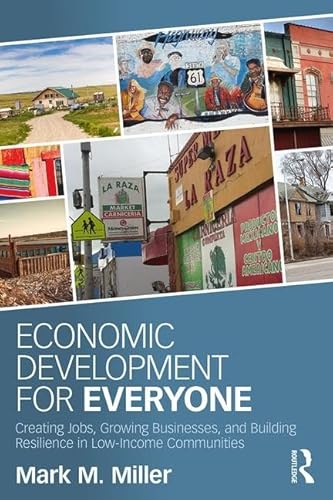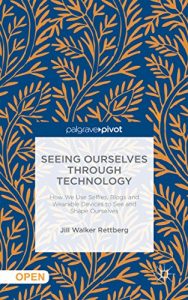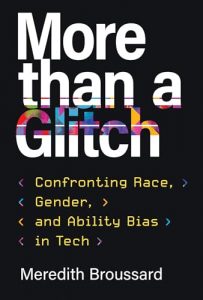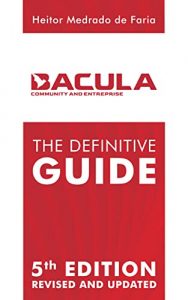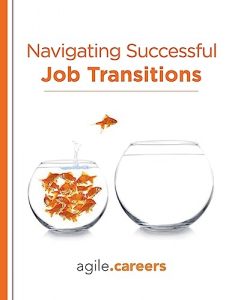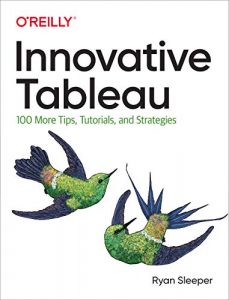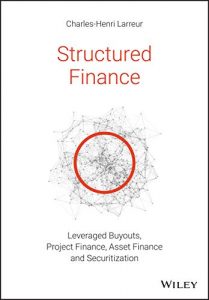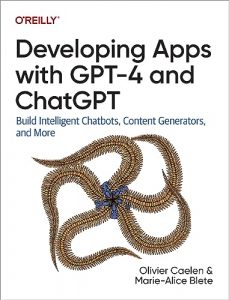1. Economic Development for Everyone: Creating Jobs, Growing Businesses, and Building Resilience in Low-Income Communities
Written by Mark M. Miller, this insightful book delves into actionable strategies for fostering economic development in low-income communities. It addresses the pressing need for job creation and business growth, all while emphasizing resilience amid socio-economic challenges. The text is enriched with case studies that illuminate successful initiatives, making it perfect for policymakers, community leaders, and anyone passionate about making a tangible difference. Discover how inclusive economic development can uplift communities and reshape local economies.
2. Making Sustainability Work: Best Practices in Managing and Measuring Corporate Social, Environmental, and Economic Impacts
In this essential read by Marc J. Epstein and Adriana Rejc Buhovac, you will find a treasure trove of best practices on how corporations can effectively manage their social, environmental, and economic footprints. The book illustrates that sustainability is not just an ethical obligation but a strategic advantage that enhances brand reputation and profitability. With shifting consumer preferences, this guide becomes indispensable for executives looking to make impactful changes in their organization. Embrace sustainable practices to stay competitive in the modern marketplace.
3. Corporate Social Responsibility: Definition, Core Issues, and Recent Developments
Brent D. Beal’s work serves as a cornerstone in understanding corporate social responsibility (CSR). This book provides a comprehensive examination of CSR’s evolving definition and the core issues that underpin corporate ethics today. With real-world examples of companies navigating both crises and successes, readers can grasp the importance of CSR in creating sustainable business practices that nurture stakeholder trust. This is a vital read for business leaders and students eager to grasp the intricacies of social responsibility in today’s corporate landscape.
4. San Juan (Images of America)
“San Juan” by Roseann Bacha-Garza is a delightful visual journey through the history and culture of San Juan. This book captures the heart and spirit of the city while showcasing its economic evolution. Through stunning photographs and engaging narratives, readers can appreciate the rich heritage and the resilient character of its residents. Perfect for history buffs and anyone interested in community narratives, this book not only informs but also celebrates the unique vitality of this locale.
5. Corporate Site Selection and Economic Development: A 30-YEAR PERSPECTIVE
Mark L. Williams provides a compelling overview of how site selection practices have evolved over the last three decades. This book is a must-read for urban planners, policymakers, and corporate leaders aiming to grasp the nuances behind successful economic development strategies. Williams expertly weaves theory with practice, offering insights into how site decisions shape regional economies while responding to globalization. Equip yourself with this knowledge to make informed decisions that can redefine economic landscapes.
6. Corporate Innovation
This collaborative book by Donald Kuratko, Michael Goldsby, and Jeffrey Hornsby dives into the theories and implications of corporate innovation. In a rapidly changing business landscape, organizations must adapt by fostering an innovative culture. The authors dissect various methodologies that companies can employ to infuse creativity and forward-thinking into their operations. This book is essential for leaders who want to understand the mechanics of corporate innovation and how to implement it effectively.
7. Law & Capitalism: What Corporate Crises Reveal about Legal Systems and Economic Development around the World
Curtis J. Milhaupt and Katharina Pistor’s thought-provoking book merges legal frameworks with corporate behavior, emphasizing how crises can unveil systemic issues within the capitalist model. This work is significant for policymakers, legal practitioners, and economists aiming to understand the interplay between law and economic development globally. The insights gleaned from historical case studies provide readers with a comprehensive overview of how legal systems can both inhibit and bolster corporate growth.
8. The Corporate Life Cycle: Business, Investment, and Management Implications
Aswath Damodaran offers an incisive look at the corporate life cycle, outlining the stages through which corporations evolve and the implications for investment and management. This book is an essential guide for investors, managers, and students of business seeking to understand how companies can harness their strengths at various lifecycle phases. It combines theory with practical application, aiding leaders to navigate growth challenges and capitalize on emerging opportunities.
9. The Corporate Startup: How Established Companies Can Develop Successful Innovation Ecosystems
Dr. Tendayi Viki, Dan Toma, and Esther Gons provide an actionable framework for established companies seeking to create innovation ecosystems akin to startups. This book highlights the importance of agility and creativity in fostering innovation, crucial in a competitive landscape. Readers will learn about building teams, experimenting with ideas, and embedding innovation into the corporate DNA—tools necessary for organizations wishing to thrive in an ever-evolving environment.
10. Economics of Development (Seventh Edition)
This comprehensive textbook by Dwight H. Perkins and his co-authors lays the groundwork for understanding development economics. This edition integrates economic theory with policy implications, making it a crucial resource for students, researchers, and practitioners. The book examines key concepts and real-world applications, enabling a holistic understanding of the economic development process and the factors influencing it. A must-have for anyone serious about tackling economic challenges in developing regions.

